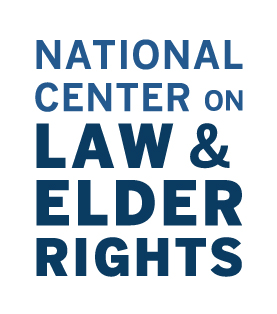Upcoming new challenge for some of our clients: The FCC says mobile carriers may start shutting down their 3G networks “as early as January 1, 2022.” This will cut off service for our clients using older phones or devices that rely on
3G networks. From the FCC website:
§
AT&T announced that it will
finish shutting down its 3G network by February 2022.
§
Verizon announced that will
finish shutting down its 3G network by December 31, 2022.
§
T-Mobile announced
that it will finish shutting down Sprint's 3G CDMA network by March 31, 2022 and Sprint's 4G LTE network by June 30, 2022. It also announced it will shut down T-Mobile's 3G UMTS network by July 1, 2022, but has not yet announced a shutdown date for
its 2G network.
If your mobile carrier is not listed here, you may still be affected. Many carriers, such as Cricket, Boost, Straight Talk, and several Lifeline mobile service providers, utilize
AT&T's, Verizon's, and T-Mobile's networks.
More info below.
Jennifer Ammons
Staff Attorney
Northwest Justice Project - Tacoma
(253) 272-7879, ext. 0937
fax: (206) 299-3061
This email may contain information that is protected by attorney-client, work product or other privileges. If you are not the intended recipient, you are notified that dissemination,
use or reliance upon its contents is strictly prohibited. If you received this email in error, please contact me by reply email and then delete this email.

Combating Injustice • Strengthening Communities • Protecting Human Dignity
From: NCLER <NCLER@acl.hhs.gov>
Sent: Friday, November 19, 2021 10:44 AM
To: Jennifer Ammons <jennifera@nwjustice.org>
Subject: Helping Older Adults Prepare for 3G Network Shutdowns
|
Links contained in this email have been replaced. If you click on a link in the email above, the link will be analyzed for known threats. If a known threat is found, you will not be able to proceed to the destination. If suspicious content is detected, you
will see a warning.
